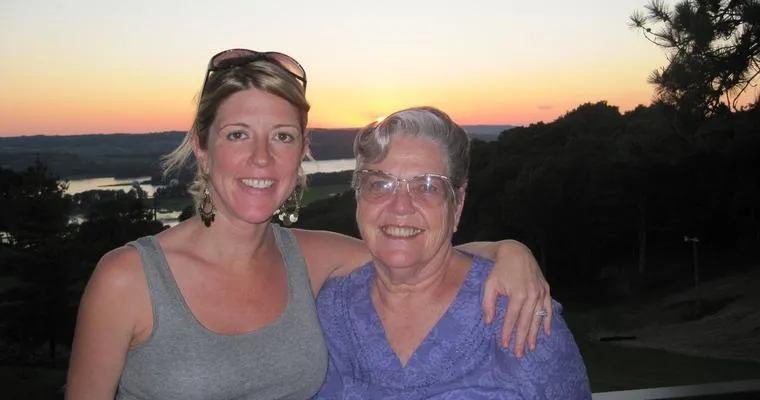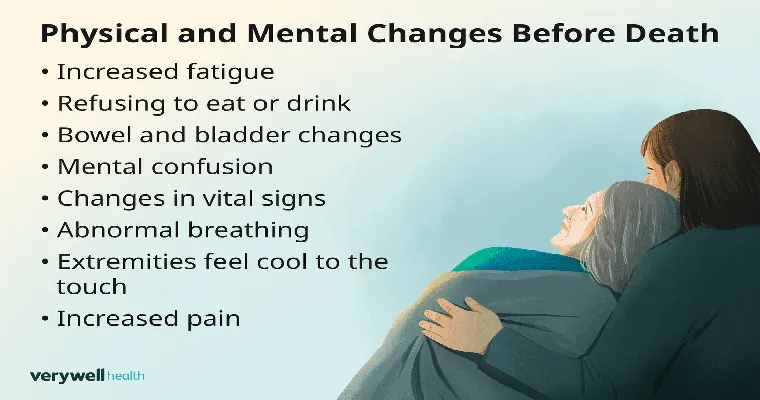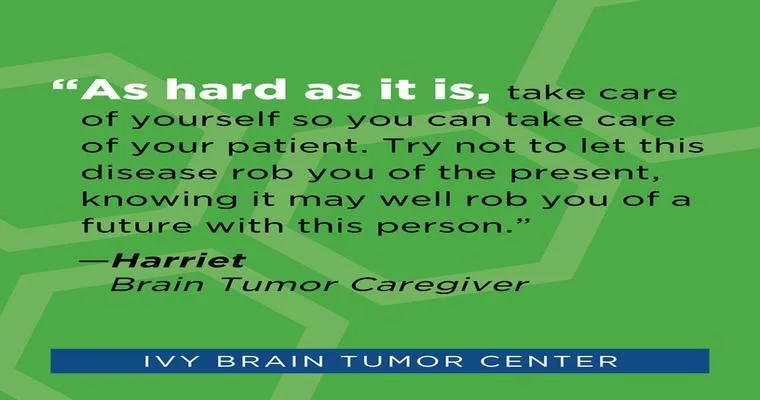Becoming the "primary caregiver" for a loved one, especially a parent or grandparent, can be both a profound responsibility and a daunting challenge. As you prepare for this new role, it is natural to experience a mix of "fear", "resentment", and uncertainty. You may find yourself grappling with the emotional weight of the situation, questioning your ability to handle the responsibilities ahead. This article aims to provide guidance, reassurance, and practical advice for those navigating the complex emotions tied to caregiving.
Understanding Your Emotions
It is important to acknowledge the feelings of "fear" and "resentment" that may arise as you consider the responsibilities of caregiving. Fear often stems from concerns about your own ability to provide care, manage medical needs, and maintain your own well-being. You might worry about the emotional toll it will take on you or the impact it will have on your personal life and career.
Resentment can also surface, particularly if you feel overwhelmed by the demands placed upon you. This feeling may manifest as frustration towards the situation, your loved ones, or even yourself for feeling this way. Recognizing these emotions is the first step toward addressing them.
Finding Support
One of the most effective strategies for coping with the challenges of caregiving is to seek "support". Talk to family members and friends about your feelings and concerns. Sharing your experiences can help alleviate feelings of isolation and provide you with different perspectives on the situation.
Consider joining a "caregiver support group", either in-person or online. These groups can offer valuable advice from those who have faced similar challenges and can provide reassurance that you are not alone in your journey.
Setting Boundaries
As you take on caregiving responsibilities, it is crucial to establish "boundaries". Define what you are comfortable with and communicate these limits to your loved ones. This can help prevent feelings of "resentment" from building up over time. Make sure to carve out time for yourself, allowing you to recharge and maintain your own well-being.
Educating Yourself
Knowledge is power, especially when it comes to caregiving. Take the time to learn about the specific needs of your mom or grandma, including their medical conditions and any necessary treatments. This education will help diminish your "fear" of the unknown and equip you with the tools needed to provide effective care.
Seeking Professional Help
If your loved one requires specialized care, do not hesitate to seek professional assistance. Home health aides, nurses, or therapists can relieve some of the burden and allow you to focus on being a supportive family member rather than a full-time caregiver.
Embracing Self-Care
Remember that caring for yourself is just as important as caring for your loved ones. Make a conscious effort to engage in "self-care" activities that nourish your physical, emotional, and mental health. Regular exercise, healthy eating, and time spent with friends can bolster your resilience as a caregiver.
Conclusion
Navigating the responsibilities of being a primary caregiver for your mom or grandma can be fraught with "fear" and "resentment", but it can also be an opportunity for deep connection and love. By seeking support, setting boundaries, educating yourself, and prioritizing self-care, you can manage your emotions effectively and provide the care your loved ones deserve. Remember, it is okay to ask for help and to express your feelings. You are not alone on this journey, and with the right tools and support, you can forge a path through the challenges of caregiving.





